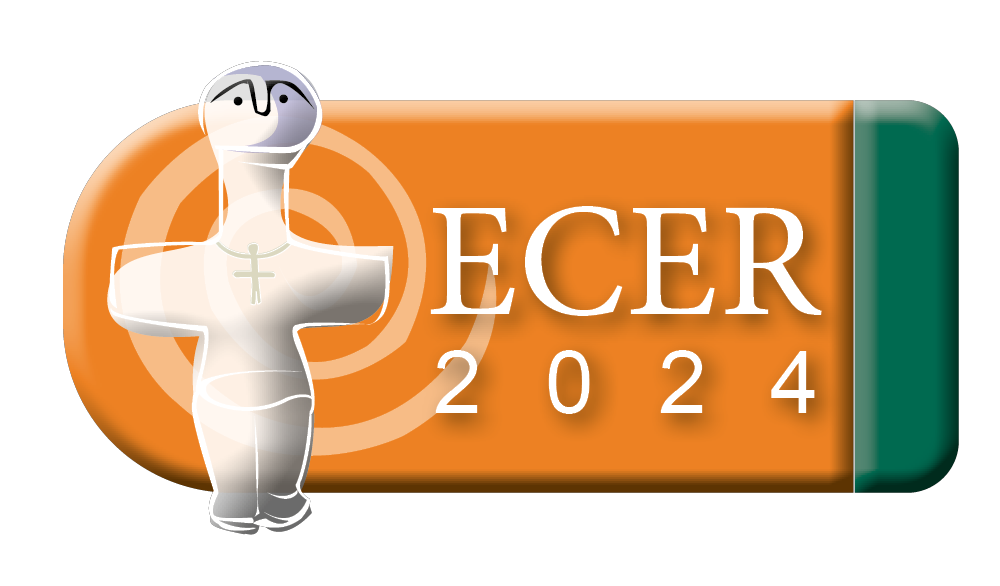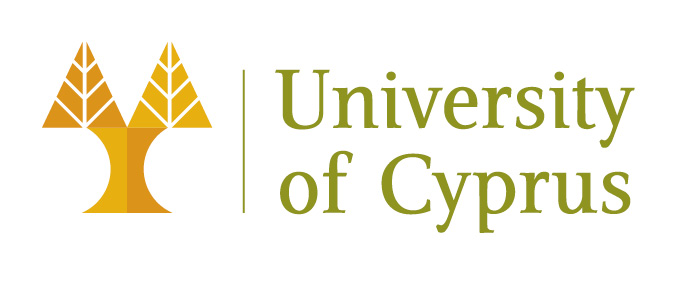Educating the Developing Mind in Uncertain and Unstable Times: Can Our Schools Cope?
| Date and Time | Wednesday 28 August, 11:30 - 12:30 |
| Building and Room | Room B108 in Anastasios G. Leventis [Floor -1] |

Andreas Demetriou is Professor Emeritus of Psychology of the University of Cyprus and the University of Nicosia and President of the Cyprus Academy of Sciences, Letters, and Arts, a fellow of Academia Europea, the International Academy of Education, and the Association of Psychological Science. He is an Honorary Doctor or Honorary Professor of several universities in Europe and China. He was the Minister of Education and Culture of Cyprus. He published more than 200 books and articles in top journals presenting his research on cognitive development, intelligence, and related applications. His last book, "Educating the Developing Mind" presents his theory of cognitive development and its applications in education.
Educating the developing mind in uncertain and unstable times: Can our schools cope?
The talk involves three sections. We first summarize psychological, brain, and genetic research about the architecture of the mind, specifying the fundamental processes enabling understanding, problem-solving, and decision-making. We then summarize research on the development of the human mind, from infancy through early adulthood. We show that development advances through a several levels of mastering control of the person’s interactions with the world, going from interaction control in infancy to executive and representational control in preschool, to inferential and resource management control in primary school to truth control and life options control in adolescence. In the second section we outline the educational implications of this model. We show how each level of control frames what can and what cannot be learned at each school level, from preschool to university. We then point to weaknesses in European education caused by divergences between this knowledge and dominant educational practices coming from the past, taking examples from current curricula. The third section discusses deep societal and political changes taking place in our times and focuses on changes in tools delivering knowledge, enabling evaluation of information, and problem solving, such as search engines, data bases, and artificial intelligence. We then discuss how these possibilities may be used from preschool through adulthood. Examples are given for student evaluation, empowering problem-solving and decision making, and dealing with learning difficulties. We discuss why our schools, trapped in the world of the early 20th century, cannot cope with the knowledge emerging in the mind sciences or the technological advances in knowledge and knowledge handling. Finally, we suggest changes needed in education to educate the citizens of the second half of the 21st century. We can have hope for the future only if we allow the future to shape our present.

Important Dates ECER 2024
01.12.2023 | Submission starts |
31.01.2024 | Submission ends |
01.04.2024 | Registration starts |
03.04.2024 | Review results announced |
15.05.2024 | Early bird ends |
26.06.2024 | Presentation times announced |
30.06.2024 | Registration Deadline for Presenters |
26.08.2024 | ERC First Day |
27.08.2024 | ECER First Day |
Hosting Organisation

Local Services Website
Our partners EasyConferences support EERA, the University of Cyprus and you as conference participant in all matters around:
- accommodation
- transport
- travel advice and visa information
- bookable social and side events.